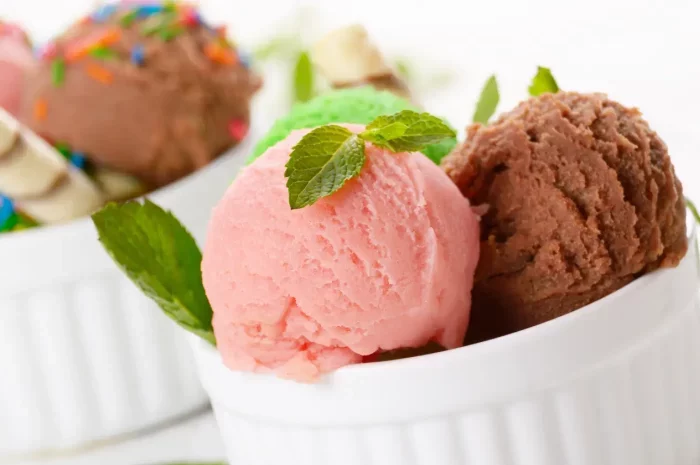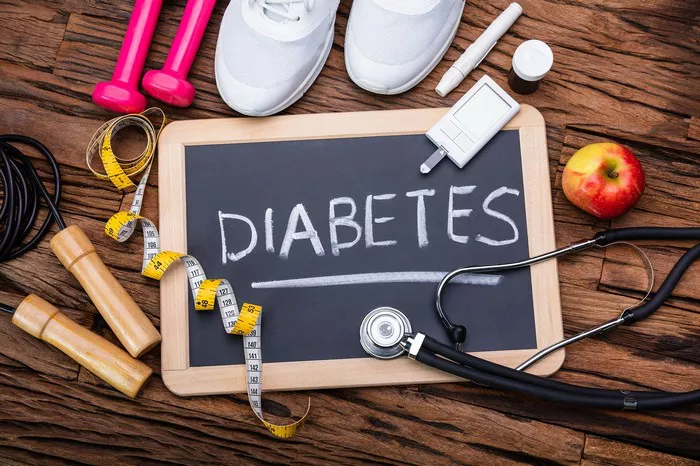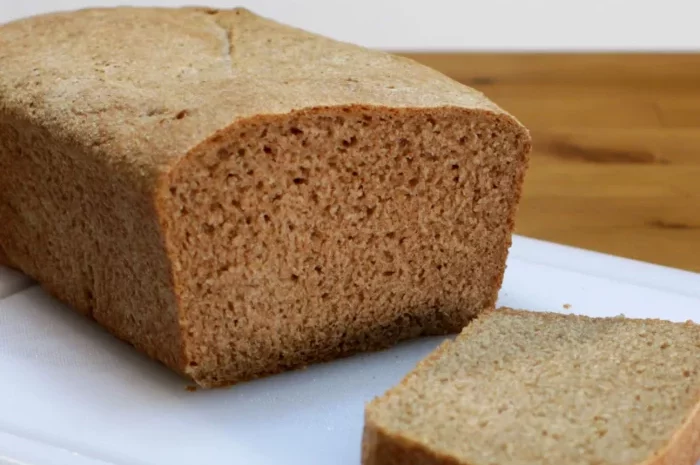Managing blood sugar levels is a crucial aspect of living with diabetes. For those with diabetes, hypoglycemia, or low blood sugar, can be a dangerous and sometimes frightening event. This article aims to provide comprehensive guidance on what to eat to raise blood sugar effectively, maintaining a balance between quick-acting carbohydrates for immediate relief and other dietary strategies for sustained blood sugar management.
Understanding Hypoglycemia
Hypoglycemia occurs when blood sugar levels fall below 70 mg/dL. Symptoms can range from mild to severe and include shakiness, sweating, confusion, irritability, rapid heartbeat, and in extreme cases, loss of consciousness. It’s essential for individuals with diabetes to recognize these symptoms and act promptly to correct low blood sugar.
Immediate Response: Quick-Acting Carbohydrates
When blood sugar levels drop suddenly, the priority is to raise them quickly. Quick-acting carbohydrates are the fastest way to achieve this. Here are some recommended options:
Glucose Tablets or Gels
Glucose tablets or gels are specially formulated to be rapidly absorbed by the body, making them a reliable option for quickly raising blood sugar levels. Typically, 15-20 grams of glucose is recommended for an initial treatment, with rechecking of blood sugar levels after 15 minutes.
Sugary Beverages
Beverages such as regular soda (not diet), fruit juices (like orange juice or apple juice), and sports drinks are high in simple sugars and can rapidly increase blood sugar. For example, 4-6 ounces of juice or regular soda often contain about 15-20 grams of carbohydrates.
Candy
Certain candies, such as jellybeans, gummy bears, or hard candies like Lifesavers, can be effective in raising blood sugar quickly. It’s essential to know the carbohydrate content of these items and consume an appropriate amount, typically 15 grams of carbohydrates.
Honey or Sugar
A tablespoon of honey or table sugar dissolved in water can also serve as a quick remedy. These options are readily available and can be easily consumed to provide a rapid increase in blood glucose.
Sustained Response: Balancing Quick and Complex Carbohydrates
While quick-acting carbohydrates address immediate hypoglycemia, it’s also important to consume a combination of quick and complex carbohydrates to sustain blood sugar levels. Here’s how to achieve this balance:
Complex Carbohydrates
Complex carbohydrates take longer to break down into glucose, providing a more sustained release of energy. Including complex carbs along with quick-acting carbs can help maintain stable blood sugar levels after an initial spike. Some good sources include:
- Whole Grain Bread or Crackers: Whole grain options are preferable due to their fiber content, which slows the digestion process and provides a more prolonged energy release.
- Oatmeal: A small portion of oatmeal can help stabilize blood sugar levels.
- Brown Rice or Quinoa: These whole grains are excellent for sustained energy and blood sugar balance.
Protein and Fat
Adding protein and a small amount of healthy fat to your meal can further help stabilize blood sugar levels. Protein and fat slow the absorption of carbohydrates, preventing rapid spikes and drops in blood glucose. Here are some combinations to consider:
- Peanut Butter and Whole Grain Crackers: The protein and fat in peanut butter complement the complex carbohydrates in whole grain crackers.
- Cheese and Whole Grain Bread: Cheese provides protein and fat, making it an excellent addition to whole grain bread.
- Greek Yogurt with Berries: This combination provides protein, a bit of fat, and carbohydrates from the berries.
Specific Foods to Raise Blood Sugar
Here’s a detailed look at various foods and their carbohydrate content to help you plan your hypoglycemia response:
Fruits
Fruits are not only nutritious but also effective in raising blood sugar due to their natural sugar content. However, their fiber content also provides a more sustained release of glucose. Some of the best options include:
- Bananas: A medium banana has about 27 grams of carbohydrates.
- Grapes: A cup of grapes contains around 27 grams of carbohydrates.
- Apples: A medium apple has about 25 grams of carbohydrates.
Dairy
Dairy products can be a quick and effective way to manage blood sugar. They contain lactose, a sugar that can quickly increase blood glucose levels.
- Milk: An 8-ounce glass of milk has about 12 grams of carbohydrates.
- Yogurt: A cup of plain or flavored yogurt can have between 15-20 grams of carbohydrates.
Starchy Vegetables
Starchy vegetables contain higher carbohydrate content than non-starchy vegetables, making them suitable for raising blood sugar.
- Potatoes: A medium baked potato has about 37 grams of carbohydrates.
- Sweet Potatoes: A medium sweet potato contains about 24 grams of carbohydrates.
- Corn: A cup of corn has around 27 grams of carbohydrates.
Meal Planning and Preparation
Effective management of blood sugar levels involves strategic meal planning and preparation. Here are some tips for ensuring you’re always prepared to manage low blood sugar:
Regular Monitoring
Regularly monitor your blood sugar levels to anticipate potential drops. Keeping a log can help identify patterns and triggers for hypoglycemia, allowing for proactive management.
Small, Frequent Meals
Eating small, frequent meals throughout the day can help maintain stable blood sugar levels. Aim for a combination of carbohydrates, protein, and healthy fats in each meal and snack.
Emergency Kit
Carry an emergency kit with quick-acting carbohydrates such as glucose tablets, candy, or a small juice box. This ensures that you have immediate access to a remedy for low blood sugar regardless of your location.
Avoiding and Managing Hypoglycemia
Prevention is key when it comes to hypoglycemia. Here are some strategies to help avoid and manage low blood sugar:
Medication Management
Ensure that you are taking your diabetes medications as prescribed. Overuse of insulin or other glucose-lowering medications can lead to hypoglycemia. Regular consultations with your healthcare provider can help optimize your medication regimen.
Balanced Diet
Consuming a balanced diet that includes adequate carbohydrates, proteins, and fats can prevent drastic fluctuations in blood sugar levels. Focus on whole foods and minimize processed and sugary foods that can cause rapid spikes and crashes in blood glucose.
Physical Activity
Exercise is beneficial for managing diabetes, but it can also lower blood sugar levels. If you plan to engage in physical activity, monitor your blood sugar before, during, and after exercise. Carry quick-acting carbohydrates to address potential hypoglycemia.
Special Considerations
Certain situations and conditions may require additional considerations when managing low blood sugar:
Children and Adolescents
Children and adolescents with diabetes need tailored approaches to manage their blood sugar. Ensure that they have access to quick-acting carbohydrates and understand how to use them. Involving them in meal planning can also help them make healthier choices.
Elderly
The elderly may have additional challenges, such as other chronic conditions or cognitive impairments. Simplifying the management plan and ensuring regular monitoring can help them avoid hypoglycemia.
Pregnancy
Pregnant women with diabetes need to be particularly vigilant about blood sugar levels. Frequent monitoring and a well-balanced diet are essential. Consulting with a healthcare provider specializing in gestational diabetes can provide additional guidance.
Conclusion
Raising blood sugar quickly and effectively is a critical skill for individuals with diabetes. Quick-acting carbohydrates are essential for immediate relief from hypoglycemia, while a balanced approach including complex carbohydrates, protein, and fat ensures sustained blood glucose management. Regular monitoring, strategic meal planning, and having an emergency plan are vital components of managing diabetes and preventing hypoglycemia.
By understanding the foods that can raise blood sugar and incorporating them into a well-thought-out dietary plan, individuals with diabetes can maintain better control over their condition, reducing the risk of severe hypoglycemic events and improving their overall quality of life. Always consult with healthcare providers to tailor dietary and medication plans to individual needs and circumstances.
Related topics:
Should I Eat When My Blood Sugar is High?



























